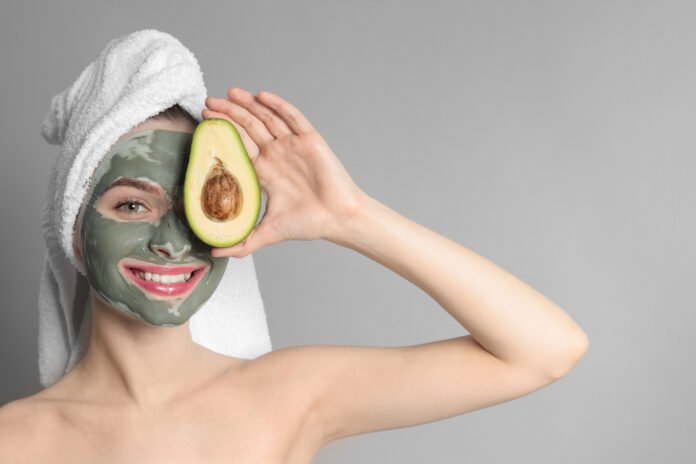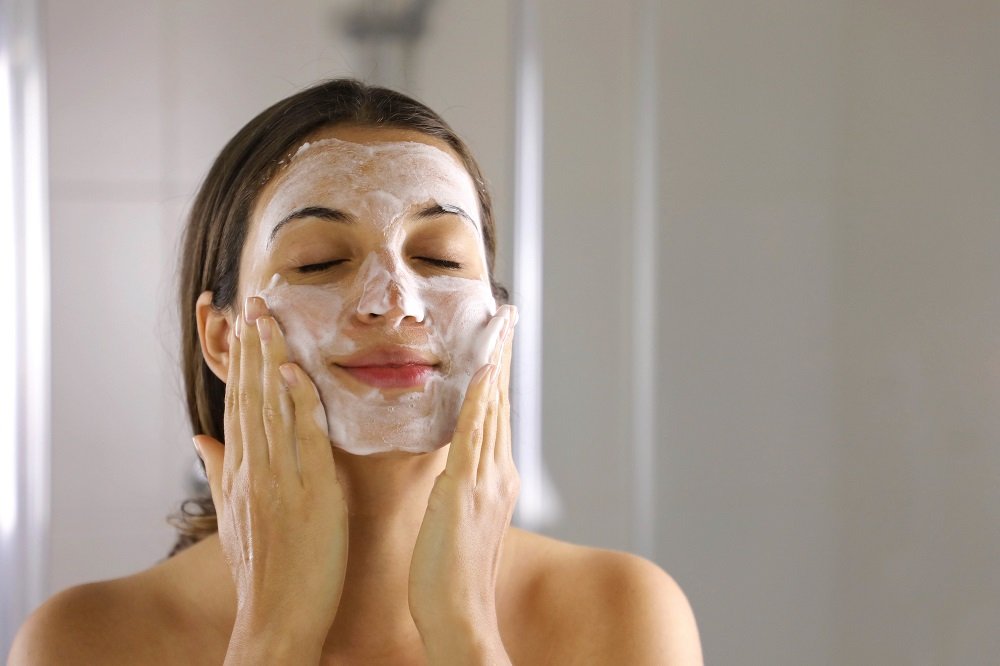
Having perfect skin is everyone’s dream, and many will take drastic measures to get that glowing skin. But having glowing skin is not that hard—you just need to stick to your skincare routine.
There are many straightforward ways you can take care of your skin without going to a doctor for medication. To rejuvenate your skin, you must make some lifestyle changes. Doing so will help you stay committed to achieving your goal of having that glowing skin.
In this article, you’ll learn about simple tips to rejuvenate your skin naturally.
-
Cleansing
Clean skin is the starting point for having glowing skin. Clean your skin thoroughly to get rid of sweat, dirt, and oil. This prevents skin pores from getting clogged. If you have clogged pores, acne can develop and cause skin dullness.
Wash your face twice a day—in the morning and evening—using a gentle cleanser like honey. Scrub using a washcloth like a microfiber, but don’t scrub too hard. Rinse your skin with warm water, then dry gently with a face towel.
Remember to clean your face after doing activities that make you sweat, for example, a gym session or going for a jog.
-
Exfoliate Your Skin
You can use an exfoliator to shed off dead skin cells from your skin. Natural exfoliation is the best method to use at home, and you can do it using salt or oats. You should exfoliate your skin four times a week at most.
You can exfoliate using a mild scrub or use creams rich in fruit acids. When scrubbing, do it gently to prevent red patches on the skin and if you use the cream, don’t overdo it because too much cream can cause irritation.
Check out Clear Glow treatments, which address a wide variety of skin concerns.
-
Apply A Moisturizer
Moisturizing is important to prevent your skin from getting too dry, and regardless of your skin type, it needs to be moisturized. To avoid blocking your pores, an oil-free moisturizer is a safe bet.
You can moisturize your skin twice a day and remember to moisturize while your skin is slightly wet because that’s when your skin absorbs the moisturizer more readily.
-
Hydrate
Drink enough water every day (at least eight glasses). Insufficient water intake dehydrates your skin, making it itchy, dull, and dry.
Besides drinking enough water, eat foods rich in water, like cucumbers, apples, and green vegetables. Use natural hydrating skincare products or a humidifier to keep your body hydrated. Also, avoid taking too hot and long showers. They can destroy your skin barrier and thus cause dry and flaky skin.
-
Exercise Regularly
You need to get your blood pumping efficiently through your arteries. Exercising will help to improve your blood circulation, ensuring your skin gets oxygen-rich blood. It will also help you absorb nutrients more effectively and remove free radicals from your skin.
Exercise not only benefits your skin, but it also helps boost your mood, sleeping, and immune system—which all contribute to your skin health.
-
Eat The Right Foods
Don’t focus on only maintaining your skin on the outside. You must also maintain it from the inside. Eat healthy foods to provide essential nutrients for your skin.
If you like sugary foods, it’s time for a change—because sugary foods and a healthy skin don’t get along. Your diet should comprise more vegetables, fish, legumes, and fruits.
But all foods don’t work for all people. You may have food allergies that prevent you from eating certain foods. Therefore, it’s best to consult a nutritionist to help you work out the perfect eating plan to help rejuvenate your skin.
-
Use Antioxidants
Antioxidants reduce the production of free radicals in your body. Free radicals can damage healthy skin cells and cause inflammation.
You can use antioxidant skincare products and opt for foods rich in vitamin C, such as oranges, broccoli, spinach, blueberries, and strawberries. You can even use berries to make an antioxidant mask for your face.
-
Get Enough Sleep
Sleep is vital for having healthy skin. When you sleep, your body can go through its detoxification process. Your body also produces collagen when you sleep. Collagen is an essential protein responsible for structure in your body. It helps to strengthen and keep your skin elastic.
Try to sleep for at least 7–9 hours every night.
-
Wear Sunscreen
The sun does more harm to your skin than you can imagine. Too much exposure to direct UV rays can damage or kill skin cells. Common types of sun damage include sunburns, dry skin, and actinic keratosis.
To counteract the skin damage caused by the sun, you can apply a natural sunscreen. It protects you from harmful UV rays, helps keep skin complexion even, and prevents signs of premature aging.
-
Know When To Seek Professional Help
You will find all the information you need online. But sometimes, it won’t help if you have a severe skin condition. In that case, you need to see a dermatologist who can prescribe medication for skin conditions that cannot be treated naturally.
Final Thoughts
If you’re committed and willing to make a few changes, like eating healthier and nutrient-rich foods, rejuvenating your skin is definitely possible. Not only that, but you’ll also discover it’s not that hard to do it.

Pay attention to your skin, avoid stress, and exercise—all these things will contribute to having healthy skin. Finally, remember to visit your dermatologist for professional help if you need additional advice and skin treatments.






















